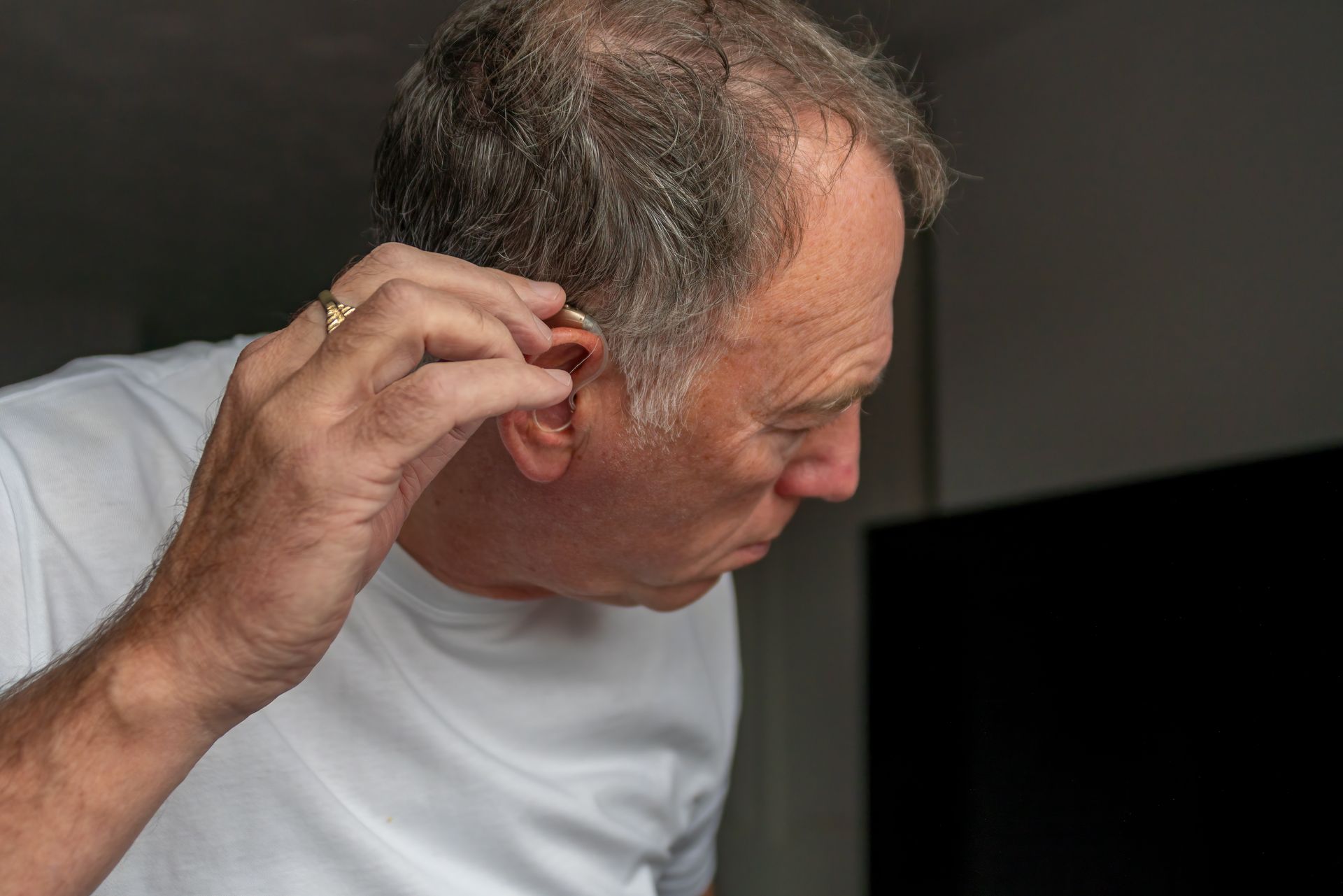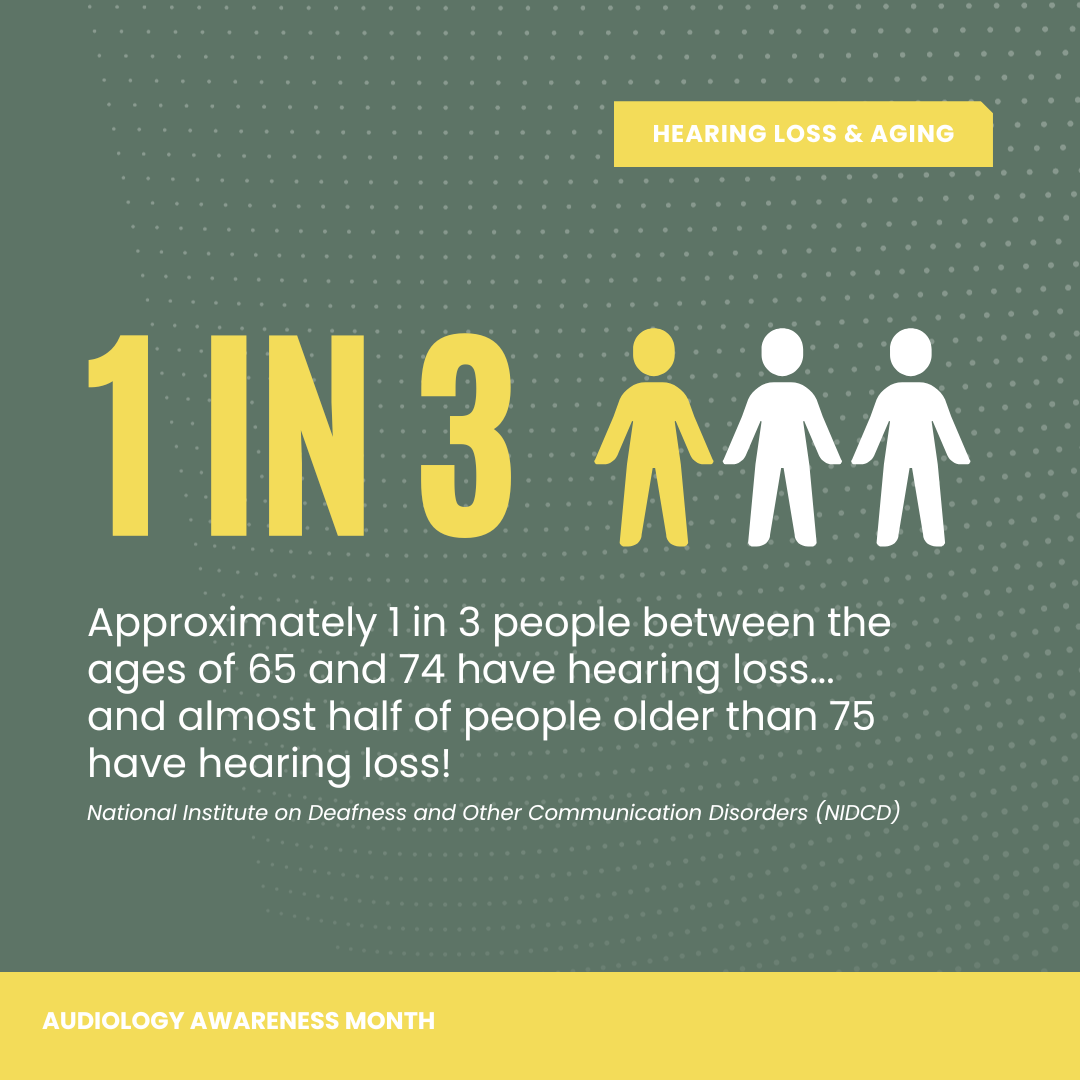Understanding Vestibular Testing and Dizziness Awareness
Dana Notaro, Au.D., CCC-A, F-AAA
As we celebrate Audiology Awareness Month, it's essential to focus not only on hearing health but also on the often-overlooked aspect of balance: the vestibular system. Many people are unaware that dizziness can be related to issues in this system, which is crucial for maintaining our balance and spatial orientation. Let’s dive into what vestibular testing involves and why awareness of dizziness is so important for your overall health.
What Is the Vestibular System?
The vestibular system, located in the inner ear, plays a vital role in helping us maintain our balance and navigate our environment. It works closely with our visual and proprioceptive systems to keep us oriented. When this system is functioning properly, we can move around confidently. However, issues in the vestibular system can lead to dizziness, vertigo, and balance problems.
Common Causes of Dizziness
Dizziness can arise from various factors, including:
- Vestibular Disorders: Conditions like Benign Paroxysmal Positional Vertigo (BPPV), Meniere’s disease, and vestibular neuritis.
- Inner Ear Infections: These can disrupt balance and cause feelings of dizziness.
- Medication Side Effects: Certain medications can impact your balance and cause dizziness.
- Neurological Disorders: Conditions such as migraines or multiple sclerosis can also affect the vestibular system.
Why Is Dizziness Awareness Important?
Being aware of dizziness is crucial for several reasons:
- Quality of Life: Chronic dizziness can severely impact your daily activities, work, and social interactions.
- Safety: Dizziness can increase the risk of falls, particularly in older adults. Recognizing and addressing these symptoms can help prevent injuries.
- Underlying Conditions: Dizziness can be a symptom of underlying health issues that may require treatment. Early detection can lead to better management.
What to Expect During Vestibular Testing
If you're experiencing dizziness, your audiologist may recommend vestibular testing to evaluate your balance system. Here’s what you can expect:
- Comprehensive Assessment: Your audiologist will take a detailed history of your symptoms, including when they occur and their severity.
- Balance Tests: You may undergo various tests, such as:
- Electrophysiology Testing: This involves measuring the electrical activity in the vestibular system to assess how well each pathway is functioning, helping to identify any abnormalities.
- Videonystagmography (VNG): This test measures eye movements to assess the vestibular system's function in different scenarios.
- Rotary Chair Testing: This evaluates how your vestibular system responds to rotational movements, providing insight into how well your balance system is functioning.
- Caloric Testing: This test uses warm and cold air in your ears to see how well your vestibular system is working in each ear separately.
- Vestibular Head Impulse Test (vHIT): This checks how well your eyes and head work together during quick movements by isolating each of your 6 semicircular canals.
- Results and Recommendations: Based on the tests, your audiologist will discuss the results and develop a tailored plan to address your symptoms. This may include vestibular rehabilitation therapy, lifestyle changes, or referral to a specialist.
Tips for Managing Dizziness
If you’re experiencing dizziness, here are a few tips to help manage it:
- Stay Hydrated: Dehydration can exacerbate dizziness, so drink plenty of water.
- Limit Sudden Movements: Stand up slowly and avoid rapid head movements to minimize dizziness.
- Practice Balance Exercises: Simple exercises can strengthen your balance and coordination.
- Seek Support: Don’t hesitate to reach out to your audiologist if you have concerns about dizziness.
This Audiology Awareness Month let’s not overlook the significance of our vestibular system. Awareness of dizziness and understanding the importance of vestibular testing can empower you to take control of your balance and overall health. If you or someone you know is experiencing dizziness, schedule an appointment with your audiologist to discuss your symptoms and explore your options. Together, we can work towards a safer, more balanced future!











